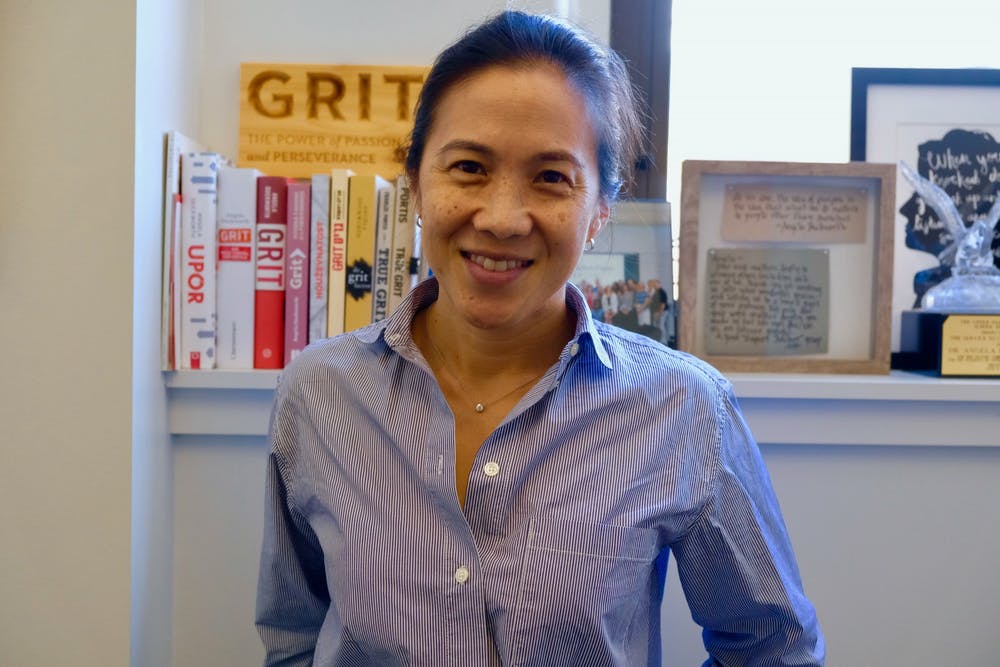Academic achievement gaps and social and emotional learning loss are all major concerns spiraling out of the coronavirus pandemic, especially for low-income students and students of color. Now parents, teachers and policy makers can add one more to that list of concerns: The “thriving gap.”
A new study shows the combined impact of academic, social and emotional learning loss among high school students who learned remotely last year compared to those who attended school in person, coining the term thriving gap to characterize the negative repercussions that were nearly universal among all who learned remotely.
“Many news stories have reported on individual stories of teenagers who have suffered from anxiety, depression and other mental health challenges during the pandemic,” says Angela Duckworth, a professor at the University of Pennsylvania, founder and CEO of Character Lab and lead of author of the new study published Wednesday in Educational Research, the peer-reviewed journal of the American Educational Research Association.
“This study gives some of the first empirical evidence of how learning remotely has affected adolescent well-being,” she says.
The new research shows that high school students who attended school remotely during the COVID-19 pandemic suffered socially, emotionally and academically compared with those who attended in person, which seems obvious enough on its face.
But what the new study unearthed that’s notable is that for high school students who learned remotely, the thriving gap was universal, hitting middle- and upper-income students just as much as it impacted low-income students and students of color.
The adverse effects were not enormous in magnitude, but the researchers underscore that the fact that they found the thriving gap consistent across gender, race, ethnicity and socioeconomic status means that it impacted millions of students.
“As policymakers gear up for national tutoring and remediation programs, which we agree are urgent priorities, we must recognize that our nation’s students are not just lagging as performers, they are suffering as people,” says Duckworth. “Meeting their intrinsic psychological needs – for social connection, for positive emotion, and authentic intellectual engagement – is a challenge that cannot wait.”
The data come as schools across the country plan to welcome back to classrooms full time millions of students who haven’t been in person consistently for over a year. And it sheds light on a segment of students – high schoolers – about whom policymakers have very little information.
Until the end of the 2020-21 school year when many high school students became eligible for COVID-19 vaccines, they were the most difficult to return to in-person learning because of how often they shuffle from one class to the next, making frequent sanitization and social distancing close to impossible.
It’s estimated that the vast majority of the country’s high school students learned remotely last school year.
With the new school year just weeks away for the earliest opening districts and the updated school reopening guidance from the Centers for Disease Control and Prevention, Education Secretary Miguel Cardona is making a full court press to push school districts to return all students to classrooms for in-person learning.
“I expect all schools across the country to give students full-time schooling five days a week in the fall,” he said recently in an interview on ABC News. “Students learn best in the classroom. I think they’ve suffered enough through the pandemic. It’s on us now to make sure we’re doing what we need to do to make sure we’re getting them safely in the classroom.”

